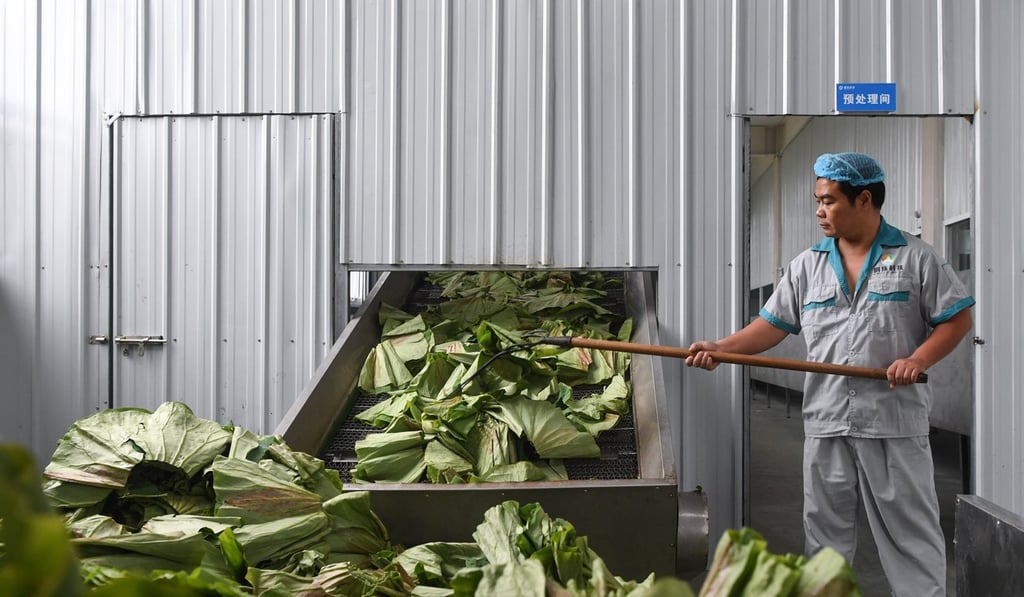Jobs or halting climate change? With cooperation and proper planning, we don’t have to choose
Tomoko Nishimoto says governments, employers and workers should all cooperate on ‘greening’ jobs to provide decent employment and environmental sustainability

There once was a view that you had to choose to either promote jobs and growth or to protect the planet, and that these options were almost incompatible. Eventually, we realised we cannot do one without the other.
Yet, confronting climate change has great potential for the creation of jobs that provide livelihood, protection and dignity. These are also the only jobs that ensure sustainable, inclusive growth. The International Labour Organisation calls them “green jobs”.
There is an urgent need for green employment policies in one, prevention – before disasters; two, mitigation – moving to clean energy; and three, adaptation – waste recycling and reusing materials such as plastic. This process requires the combined efforts and social dialogue of governments, employers and workers.

